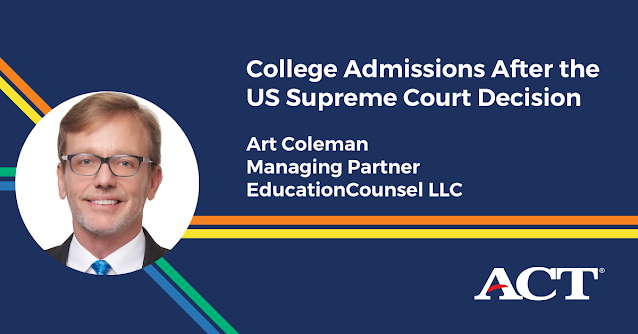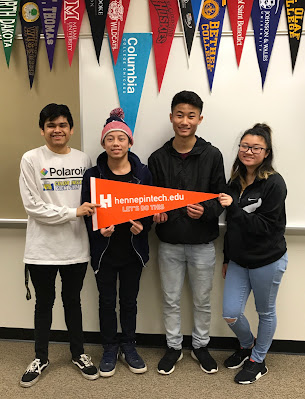By: Juliana Stratton, lieutenant governor, State of Illinois; chair, National Lieutenant Governors Association, 2022-23
Since 2022, ACT has collaborated with the National Lieutenant Governors Association (NLGA) as the sponsor of the NLGA Lieutenant Governors’ STEM Scholarship Program. Each year, NLGA awards a scholarship to 12 different schools for classroom projects related to science, technology, engineering, and math.
As the first Black woman to chair the National Lieutenant Governors Association, I recognize that we serve to uplift the next generations that will come after us. The NLGA’s STEM Scholarship Program, with support from ACT, is working toward just that — by investing in the future leaders in science, technology, engineering, and mathematics.
Despite tremendous growth in the number of STEM graduates over the last decade, diverse voices are still underrepresented in classrooms and in the field. Black and Hispanic workers make up a smaller share of STEM workers compared to other groups, and for students from our rural areas and small towns, reports show only 13% major in math and science in college.
Every student deserves the support to explore defining career and education trajectories as they grow. The unfortunate reality is that many students — particularly students of color and those living in rural communities — face institutional barriers in accessing a robust, well-rounded STEM education.
To ensure careers in STEM represent the vibrant diversity of our nation, we must be intentional and create pipelines for young people to realize their potential in these fields before college. That is why the NLGA is working to not only break barriers but also expand pathways to STEM fields for students across the country.
Through the STEM Scholarship Program, NLGA is providing direct STEM education to nearly 3,400 students ranging from pre-kindergarten to 12th grade. The investments from this scholarship are helping to build the groundwork for comprehensive curriculum across the country — from supporting a school’s first-ever STEM-related program to advancing critical education efforts.
For example,
Lakota Tech High School in South Dakota — the only career and technical education school on a Native American reservation — will use funding from the scholarship to further hands-on experience for students so they are better equipped for the jobs of tomorrow. In New Mexico,
Arroyos del Norte Elementary School will create programming to introduce STEM topics to students early in their education, helping to spark curiosity and a love of learning in our young people.
Additionally, the STEM Scholarship Program is reaching communities that have often been deprived of resources to bolster children’s education. One in four students lives in a mobile home community, including the young people living in the Oasis Mobile Home Park in Illinois, where I serve as lieutenant governor.
Students in this community are not served by any park district or public library, and through scholarship funding, neighbors are helping expose them to STEM themes. Staff and students at the nearby
Elk Grove High School have organized a STEM summer camp for Oasis residents, providing young people with access to enriching activities and giving teenagers an opportunity to become mentors to others.
In the STEM Scholarship Program’s inaugural year, we saw how effective it can be to equip schools and young people with resources to address gaps in math and science fields. The strides we have already made through the STEM Scholarship Program show that we can build toward a greater workforce and a stronger nation by collaborating on our shared mission to provide an equitable, accessible STEM education for all students and communities.
Juliana Stratton is serving all of Illinois as the 48th lieutenant governor. She is immediate past chair of the National Lieutenant Governors Association.



.jpg)
